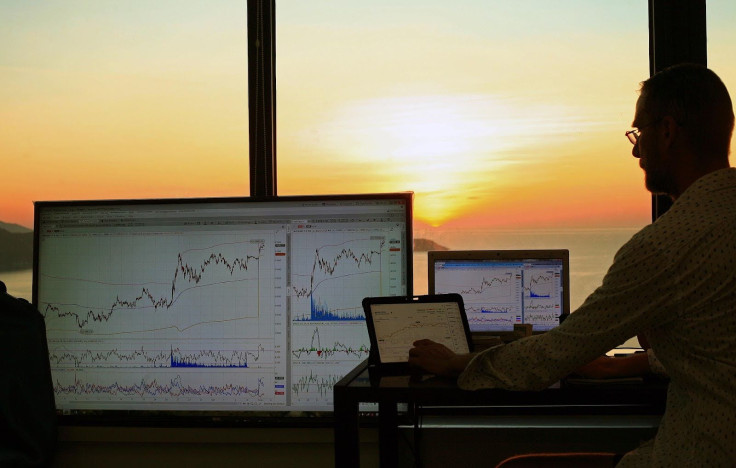Why Are Traders Mocking Trump with the 'TACO Trade'? — Because His Tariff Threats Keep Fizzling Out
According to trade experts, markets thrive on predictability, and even inconsistency can be useful if it follows a pattern.

In recent weeks, a new term has emerged in financial circles: the 'TACO trade'. Standing for 'Trump Always Chickens Out, ' this phrase encapsulates US President Donald Trump's pattern of announcing aggressive tariff policies, only to retract or delay them shortly thereafter.
Originating from a Financial Times column by Robert Armstrong, the term has gained traction among investors and analysts who view it as a predictable cycle in Trump's trade approach.
The Birth of the TACO Trade
In his piece, Armstrong observed that markets were beginning to recognise a pattern: President Trump would announce significant tariff increases, leading to market turmoil, only to backtrack or delay the implementation of these tariffs after economic pushback.
For example, last Friday, Trump threatened to impose a 50% tariff on European Commission goods. However, after an on-call conversation with the EU's president, Ursula von der Leyen, on Sunday, he announced that he would delay the imposition from June 1 until July 9 to buy time for negotiations.

Armstrong noted that this cycle of indecisiveness from the President allowed investors to capitalise on market dips, buying stocks at lower prices in anticipation of a rebound when Trump softened his stance.
According to Tom Essaye of Sevens Report, 'Trump has proven to investors that he won't actually follow through with draconian tariffs. As such, any sell-off following a dramatic tariff threat should be bought.' This logic has now become a routine playbook on Wall Street.
Trump Reacts — Not Amused
Unsurprisingly, the US President isn't fond of the nickname. When asked about it during a press briefing, Trump appeared visibly annoyed. 'Oh, I chicken out? Isn't that nice?' he quipped, before defending his decision to delay tariffs.
'We really helped China tremendously because they were having great difficulty,' he said, referring to previous negotiations. 'Don't ever say what you said,' he added to the reporter. 'That's a nasty question.' Despite his irritation, critics say the nickname has stuck because it reflects a repeated reality. Trump's approach to trade, they argue, has been high on rhetoric but low on follow-through.
Why Markets Keep Playing Along
According to trade experts, markets thrive on predictability, and even inconsistency can be useful if it follows a pattern. Trump's tariff threats often lead to uncertainty, which naturally rattles investors. But his tendency to step back, often claiming negotiation wins, provides relief and a bounce in stock prices.
This 'threat-then-retreat' model is now well recognised. Chris Beauchamp of IG Group summed it up bluntly: 'TACO trade triumphs once again.' He pointed out that nearly every aggressive trade action announced by Trump has been followed by a pause, a tweak, or an outright reversal.
Criticism and Legal Challenges
While the TACO trade strategy has proven profitable for some investors, it has also drawn criticism. According to market analysts, the repeated backtracking on tariff policies undermines the credibility of the administration and creates uncertainty in global markets.They argue that the inconsistency in trade policies can disrupt supply chains and complicate long-term planning for businesses.
Moreover, legal challenges to the administration's tariff authority, such as the recent ruling by the US Court of International Trade, add to the unpredictability surrounding US trade policy. On Wednesday, the court said that Trump had exceeded his authority in imposing the tariffs and ordered a permanent injunction.
Meanwhile, on Thursday, a Federal appeals court paused the Tade court ruling to consider the government's appeal.
Furthermore, the popularity of the TACO trade reflects a broader concern in financial markets regarding President Trump's trade policies.
While the administration may view these tariff threats as strategic negotiation tools, the pattern of announcements followed by retractions has led to a perception of unpredictability. For investors, this dynamic presents both opportunities and risks, but how long they can play with the pattern in a landscape marked by frequent changes remains to be seen.
Originally published on IBTimes UK



















